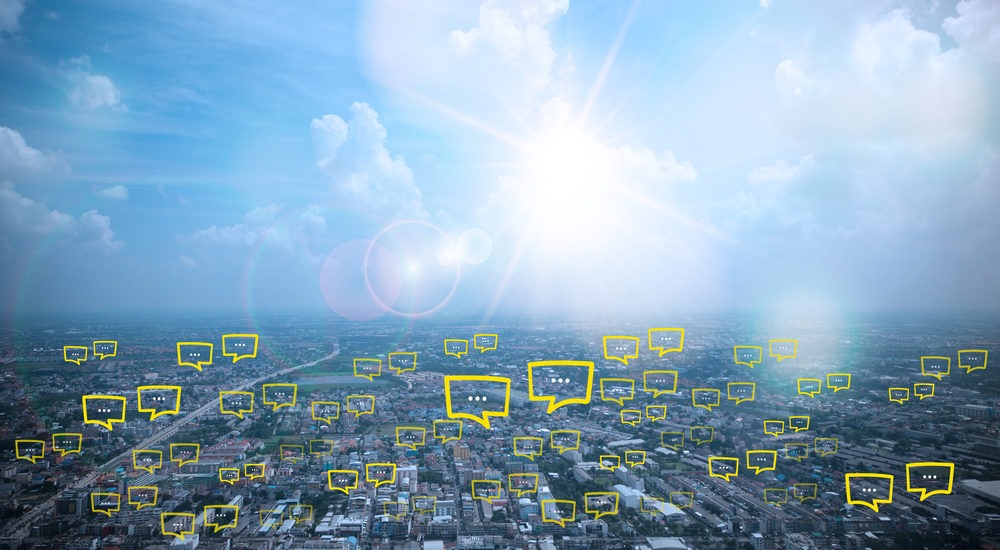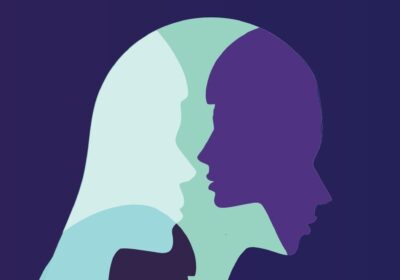The digital age we live in has paved the way for people to transform their lives, and in most cases, transform the lives of others. Influencers have emerged as TV ads’ worst nightmare, whereas social media influencers flourished as the knowledgeable and rather likable personnel who use their platforms for brand marketing, campaigns, and advocating for social and humanitarian issues.

With just the right amount of fervor – and following count of course – influencers have a large effect on their audiences. They can influence their buying decisions, eating behaviors, and more than often, influence important social topics. Forbes magazine has outlined 10 tips for influencers to embark on in order to further put their careers on the line, “influencers have a loyal following, authenticity, and trustworthiness,” stated the magazine.
But what begs the question here is: where does one draw the line between being a good influencer and a good person — are they mutually exclusive?
Amidst the couriers ringing our doorbells with new products, the cupboard is overflowing with burnt failed recipes in the kitchen, and our average screen time has sparked since last week, it is important to check who we follow and rather, why we follow them. Surely, 2020 has come to abrupt our momentum and over the past six months, but with a global pandemic, climate destruction, movements, and awareness campaigns, where are our beloved influencers? Are they silent? Or are they trying to influence their large following by being proactive?
Why Are We Talking About This?

Last week, a critique erupted on social media against social media influencer Hadia Ghaleb regarding the sexual harassment cases against Ahmed Bassam Zaki. Ghaleb posted on her story claiming how she does not want to speak about the harassment case “yet” and should not be coerced to as her profile only promotes fashion, travel, and entrepreneurship.
Much of the public was outraged at Ghaleb’s claims, underlying how as an influencer, Ghaleb should be using her platform that constitutes 1.8 million followers in order to raise awareness.
On the contrary, influencer Dina Dash, with a following of 45, 000, has been actively pointing out resources and raising awareness. Ghaleb, later on, apologized for the miscommunication that was presented through her Instagram stories, which is the first step for holding influencers accountable.
In an article by The Medium on the responsibility of influencers, it underlined that “a large number of people are looking to you on social media for advice or inspiration, you have to take responsibility and understand how much your content can influence,” stated the article
The underlying premise here is that it is never too late to educate yourself and acknowledge the responsibility that you owe for your followers. In times of dire need for support, we turn to the people we idolize and look up to, and the influencers we copy-cat in our every move need to resemble role models.
The Influence of the Influencers

The very first step towards being a quality influencer is to admit to mistakes, and most importantly, forgive yourself for the time you did not know any better. This brings us to the next imperative step: education. It is never too late to educate yourself on topics you do not have full knowledge about — a topic such as sexual harassment has many aspects and can be overwhelming to fully grasp.
Moreover, it is important to acknowledge that you should be held accountable for the things you promote as a public figure; social awareness should be at the top of that list. Lastly, it is important to underscore that as an influencer, your most important traits should be your passion for what you do and your transparency in the things you do.




























